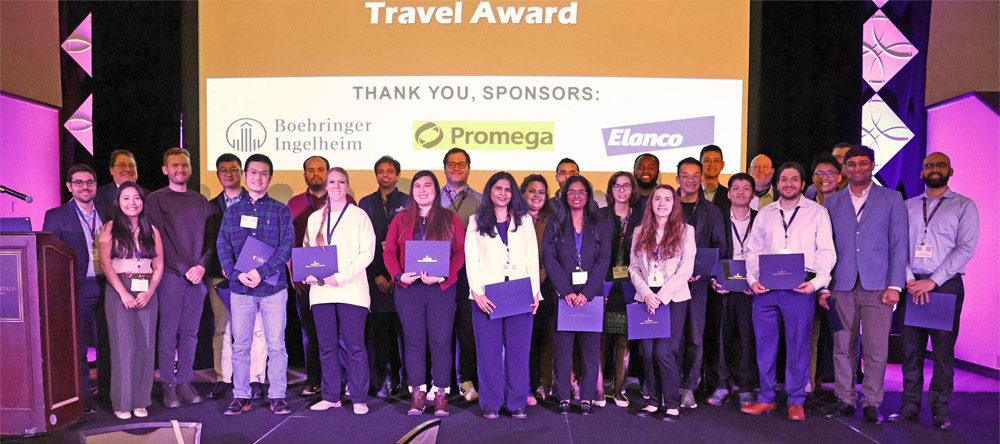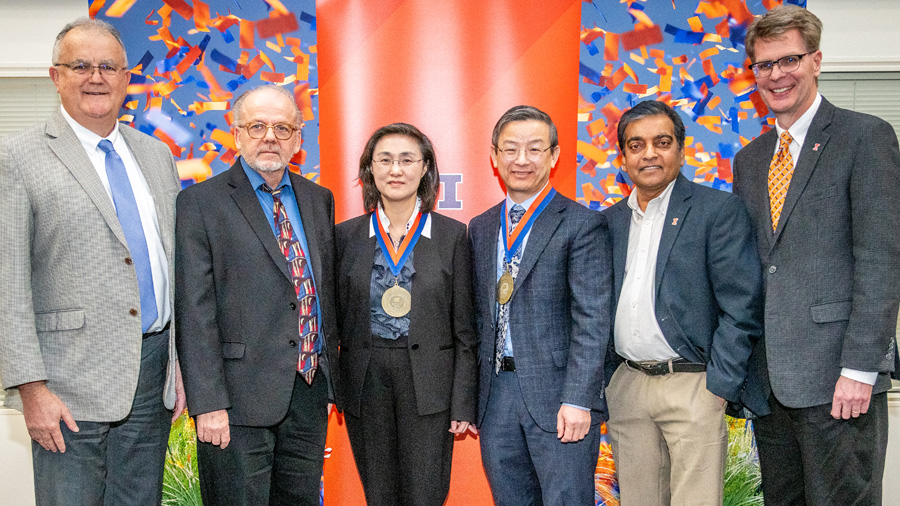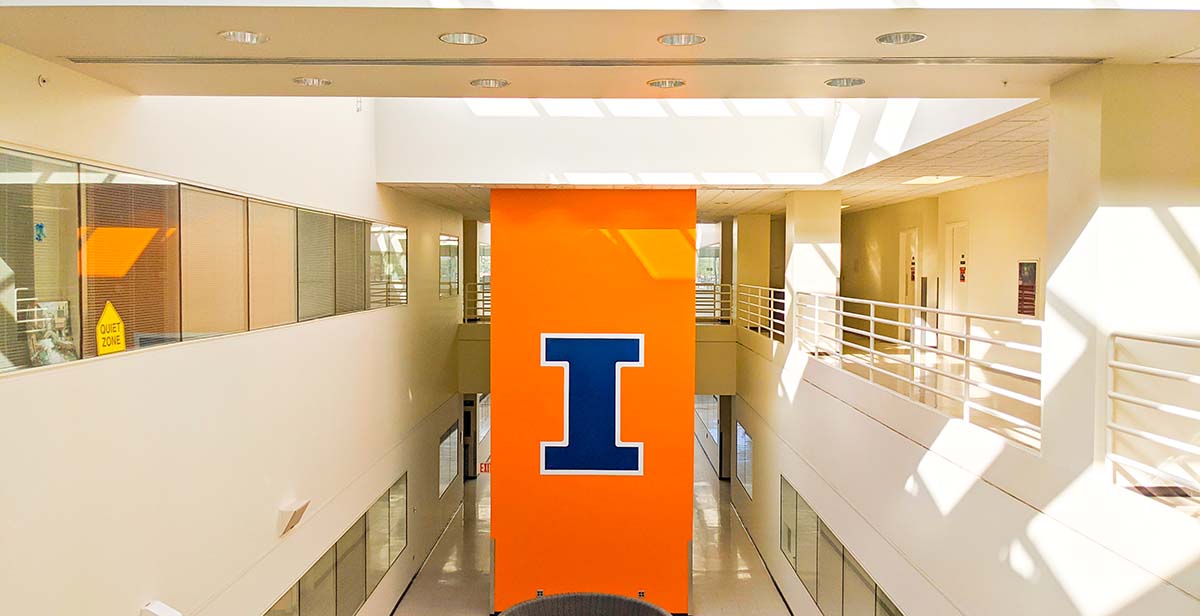When Naomi Esquivel was 12, she started an animal rescue group in her Little Village neighborhood in Chicago. She and others rescued strays in their neighborhood, rehabilitated the animals, and found them homes. The children asked their parents for money to purchase a cage, food, and other supplies to create a “starter kit” for the group.
A Pet Named Petunia

At 14, Esquivel found her “soul pet”–a sweet little Pomeranian-chihuahua born to her parent’s dog as Esquivel assisted in the birth. The puppy, which she named Petunia, entered Esquivel’s life when her grandfather–who helped raise Esquivel–was dying.
“Petunia gave me all the love I felt I was losing,” she said.
Though not many people in Esquivel’s low-income neighborhood could afford veterinary care for their pets, when Petunia got sick Esquivel wanted to get help.
“I think wanting to take Petunia to the vet inspired me to make that connection,” she said, “between my love of animals and wanting to help them.”
Seeking Fulfillment
Esquivel began college as a psychology major but realized during freshman year that her heart wasn’t in it. After serious self-reflection, her experience with the rescue group stood out as meaningful.

“I thought, if there’s anything I could do in this world that would make me truly fulfilled, it would be to help animals,” Esquivel said.
Growing up in Little Village, which has a strong Latinx population and mostly low-income households, put Esquivel at a disadvantage. She missed out on certain opportunities and tools to succeed. Many in that neighborhood do not graduate from high school.
“There have been so many more obstacles that I’ve overcome,” she said. “I’ve had to forge this path for myself, which has made me very resilient and strong-willed. I think this profession requires a lot of that.”
Creating Community
Coming from this background set Esquivel apart from most of her veterinary classmates. Identifying with pride as Mexican-American, Esquivel experienced “culture shock” when she arrived at veterinary college. It was the first time she was a minority in a space, she said.
So, Esquivel co-founded the college’s chapter of the Latinx Veterinary Medical Association in 2023. The new organization wanted future students to be welcomed by an established community to enter, whereas its founders had felt isolated when they arrived.
The organization has hosted a variety of events since its inception, from fundraisers with Mexican food to Frida Kahlo-themed paint and sips.
“It was so fun to step away from vet med and in the same room be able to celebrate ourselves and who we are,” Esquivel said.

Opening Doors at Open House
Esquivel also found a way to bring high school students from Chicago to the college’s annual Open House event so they could learn about veterinary medicine and see the University of Illinois campus.
Having grown up where many young people have little exposure to the veterinary field or to higher education, Esquivel came up with the idea of providing a bus so students from historically underrepresented backgrounds could visit the College of Veterinary Medicine.
After arranging for funding for the bus through Dr. Yvette Johnson-Walker, who oversees the college’s diversity and inclusion programs, Esquivel tapped into her many connections in and around her Little Village neighborhood to fill the seats. For many of the visiting youth, the trip represented the first time they had left their neighborhood, let alone visited a college campus, according to Esquivel.
The Chicago Village Bus project was a success in 2023, and, to Esquivel’s delight, it secured recurring funding from both the college and community organizations. She considers this one of her proudest accomplishments.
“I can’t even begin to describe what it was like to greet and host these kids in this space when I didn’t have that opportunity,” Esquivel said. “I do think this program has the ability to change the trajectory of these kids’ lives because they are now able to see a different world they otherwise couldn’t.”

National Recognition, and What’s Next
Her work to launch the Chicago Village Bus made Esquivel’s nomination stand out in a national pool seeking the Merck Animal Health Diversity Leadership Scholarship, an award made by the American Association of Veterinary Medical Colleges. From among 22 recipients of that scholarship in 2023, Esquivel was singled out to receive the Patricia M. Lowrie Diversity Leadership Scholarship, for exemplary promise as a future leader.
“I led that [Chicago Village Bus] project with love, and receiving the award inspired me to continue to lead with love,” Esquivel commented.

Dr. Esquivel continues to serve as program director of the Chicago Village Bus. She is deeply committed to expanding the program’s pipeline initiative and aims to bring hundreds of students annually in the coming years. She looks forward to the day when one of these students is admitted to a veterinary school. To support that vision, she is eager to offer scholarships to her mentees.
After graduation, Dr. Esquivel will begin her career in general practice in the Chicagoland area, where she plans to deepen her expertise in surgery, oncology, and cardiology. Her ultimate dream is to open a full-service animal hospital in Chicago—named in loving tribute to her soul dog, Petunia.
And she will never stop creating opportunities for those in her community who are underserved.
“I still have a lot to do in this world, people I want to help, animals I want to save, and right now that is what’s keeping me going.”
By Megan Krok




